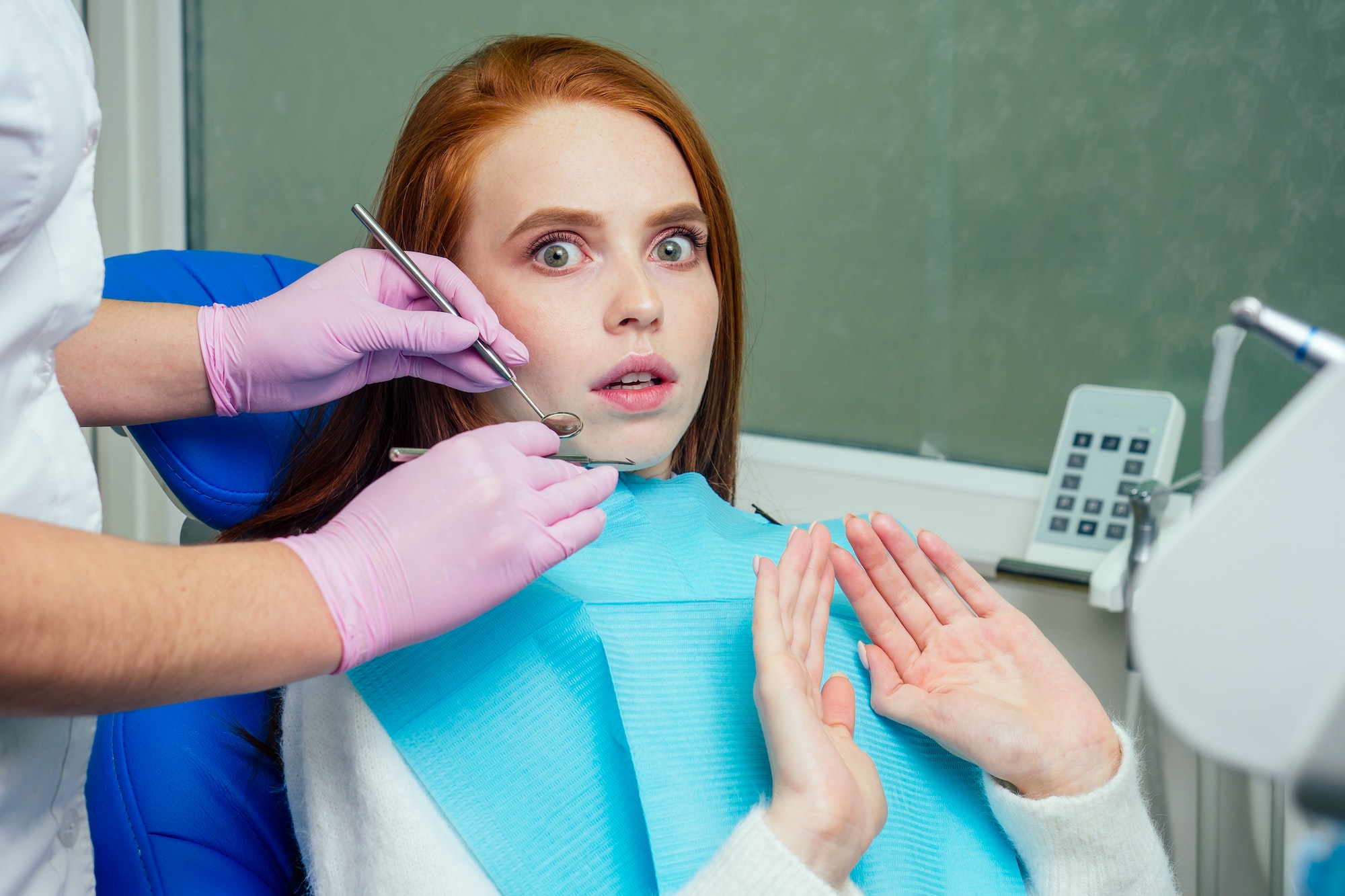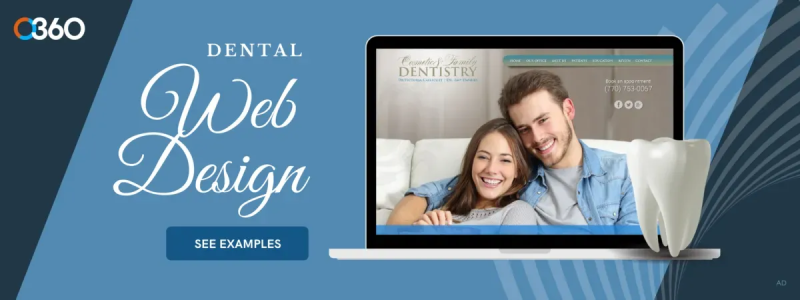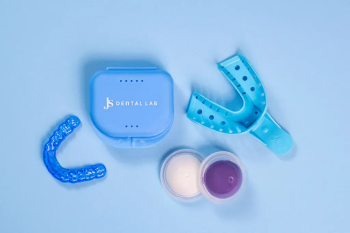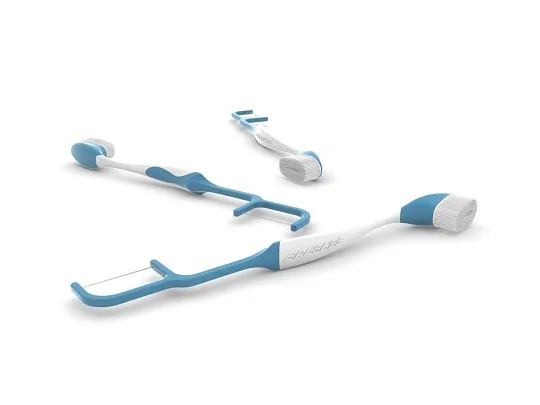For many people, the thought of going to the dentist can fill them with dread. But with the right strategies, dental anxiety can be managed and even eliminated. You don’t have to live with the fear of going to the dentist and having dental work done. By using a combination of relaxation techniques, communication with your dentist, and other helpful strategies, it is possible to reduce and even remove dental anxiety. With the right approach and a little effort, you can create an environment in which you are comfortable and relaxed during dental appointments. This article will provide some tips on how to manage and even overcome dental anxiety.
What is dental anxiety?
Dental anxiety is a feeling of nervousness and apprehension, often accompanied by a racing heart and butterflies in the stomach, before, during, and after dental treatments. The root cause of dental anxiety is psychological, not physiological, meaning that even people with healthy teeth and gums can experience dental anxiety. Some people experience a moderate level of dental anxiety, while others have an extreme fear of going to the dentist. People with a high level of dental anxiety may avoid the dentist altogether, which will lead to poor oral health and the need for extensive dental work.
Signs and symptoms of dental anxiety
- Feeling extremely nervous and anxious before or during dental appointments.
- Shortness of breath, sweating, a racing heart, and stomach cramps during dental appointments.
- Post-traumatic stress disorder (PTSD) after dental visits, including nightmares and thoughts of suicide.
Causes of dental anxiety
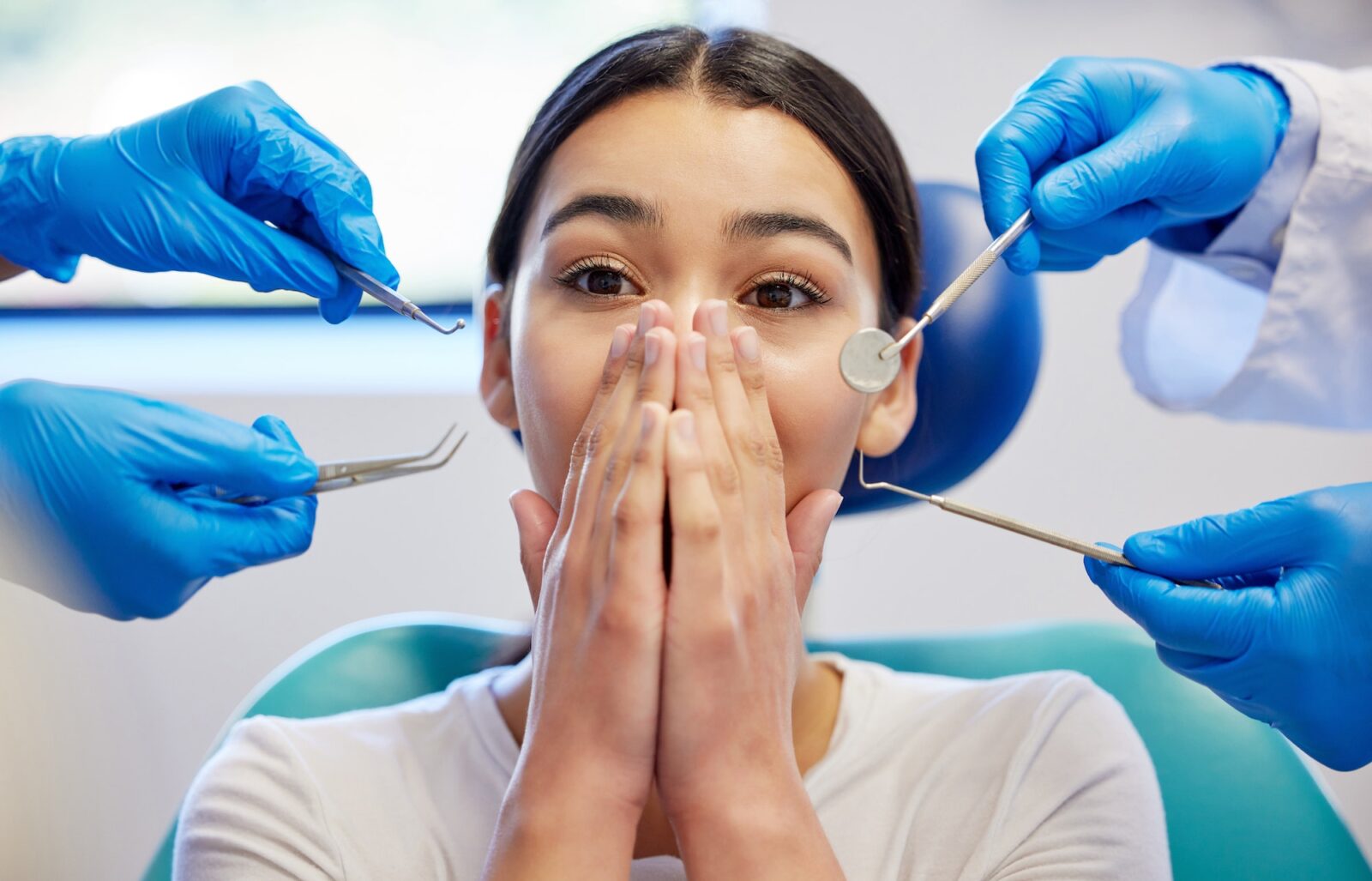
- The fear of the unknown. Many people are scared of the unknown, including dental procedures. For them, the dentist’s office is a scary place full of uncertainty.
- Bad past experiences at the dentist. If you had a bad experience at the dentist as a child, you may have developed a phobia of the dentist.
- Feelings of guilt. If you feel guilty about not seeing the dentist regularly, you may experience dental anxiety.
- Other health issues. If you have an underlying health issue, such as an anxiety disorder, you may experience dental anxiety.
Dental Sedation: A Guide to the Different Types and Their Uses
Communicate your needs and concerns to your dentist
This is an important step in overcoming dental anxiety. Let your dentist know that you have a history of dental anxiety and discuss what you need to make you feel more comfortable. Make use of relaxation techniques to reduce your anxiety before your dental appointments and remain in control of the situation. Try to relax even before you walk into the dentist’s office, by taking a few minutes to yourself and doing a breathing exercise, for example. If you are worried or anxious during the appointment, let your dentist know, but also try to keep in mind that there is nothing to be worried about. You aren’t a small child going to the dentist for the first time. You have experienced dental visits before and are aware of what will happen. There is also no reason to feel ashamed about having dental anxiety, as it is very common.
Relaxation techniques to reduce dental anxiety

- Wear loose clothing and a looser-fitting shirt that is easy to take off. Tight clothing will make you feel more restricted, and you may be less likely to want to take it off.
- Wear a face mask or earplugs if you are sensitive to noises. If you are sensitive to light, you can wear an eye mask.
- Use a fan to help you relax. This will drown out any noises that might be causing you discomfort.
- Bring your own blanket or pillow to help you relax.
- Bring water to drink during the appointment.
Make use of distraction techniques during dental appointments
- Bring an audiobook, podcast, or music to listen to. This will help you focus your attention away from the dentist and her tools.
- Bring a game console, such as a Nintendo Switch or PlayStation. These make for excellent distraction techniques during dental appointments.
- Practice mindfulness during dental appointments. This will help you to focus your attention on the present moment, letting go of other thoughts and distractions.
- Play mental visualization games. These involve visualizing yourself in a happy and relaxing place.
- Read a book during the appointment.
Implementing healthy oral hygiene habits
- Brush your teeth twice a day. Doing so will help you to maintain good oral health and reduce dental anxiety. – Floss your teeth once a day if you don’t have periodontal disease. Flossing is a great way to maintain healthy gums and remove plaque buildup.
- Make an appointment with your dentist twice a year for teeth cleaning. This will help you to stay healthy and reduce the need for extensive dental work later on.
- Use a mouthwash to help you maintain good oral health.
Seeking professional help for severe dental anxiety
If you suffer from severe dental anxiety and it is interfering with your daily life, you should seek professional help. You can visit a clinical psychologist or a psychiatrist to discuss your dental anxiety and receive professional psychological treatment. You may also find it beneficial to take antidepressants, as they can help with anxiety disorders. If you are suffering from dental anxiety, there is no need to worry. With the right approach and a little effort, you can create an environment in which you are comfortable and relaxed during dental appointments. Once you have taken steps to overcome your dental anxiety, you will be able to enjoy dental visits again, without being worried or anxious.
Busy Professionals, Recharged: Tips for Preventing Career Burnout
